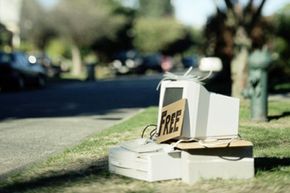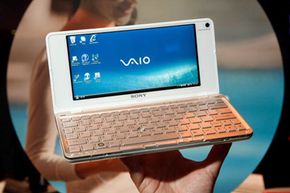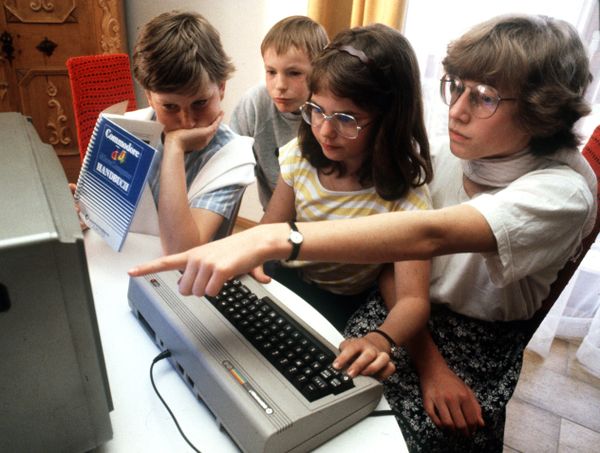The personal computer is perhaps the most significant technological advancement hatched from the human mind over the past 30 years. It has spawned a world driven by technology. But innovation can be fickle, and in recent years, the desktop computer seems to be losing some of its steam. Advances in technology have made it possible to create smaller and lighter computers. No longer underpowered and heavy, notebooks are now commonplace, and tablets, netbooks and even smartphones are able to do tasks that used to require larger machines.
Like just about everything, there are two sides to the story. Some data suggests the desktop PC is still necessary and it isn't easily replaced. Other data support the notion that desktops are becoming increasingly obsolete. So what's the deal? This article intends to give an adequate look at both sides of the spectrum.
Advertisement
To understand this argument, a quick lesson from economics 101 about opportunity costs may be handy. In essence, everything has a cost. Even reading this article costs you something. You could have been reading an article on another site or even finding a new way to make more money. If you think about the differences between desktops and notebooks along those lines, you'll develop a better understanding of each side and ultimately make the decision that suits you best. So let's get right down to it and see where both sides stand. We'll start the arguments by the naysayers in the next section.





